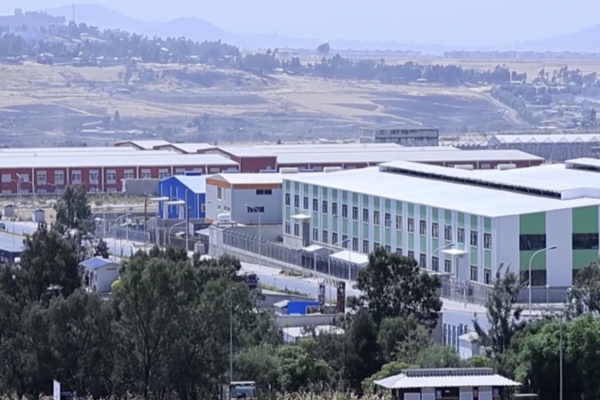
Ethiopia’s Industrial Parks Drive Economic Growth Amid Debt Concerns
Ethiopia pushes to sustain industrial park-driven manufacturing growth while addressing debt concerns. Over 20 parks now generate 50%+ of manufactured exports, creating 90,000 jobs.
KAIST Breakthrough: Molecular Switch Reverses Cancer Cells
KAIST researchers discover molecular mechanism to reverse cancer cell progression, potentially revolutionizing oncology treatment approaches in 2026.

Lebanon Building Collapse Kills 15, Sparks Infrastructure Concerns
A deadly building collapse in Tripoli, Lebanon, leaves 15 dead, prompting government action on aging infrastructure and 105 at-risk structures.

Nature Exposes Epstein’s Extensive Ties to Global Scientists
Newly released documents reveal Jeffrey Epstein’s deep involvement in global scientific research, raising urgent questions about ethical standards in academic funding.
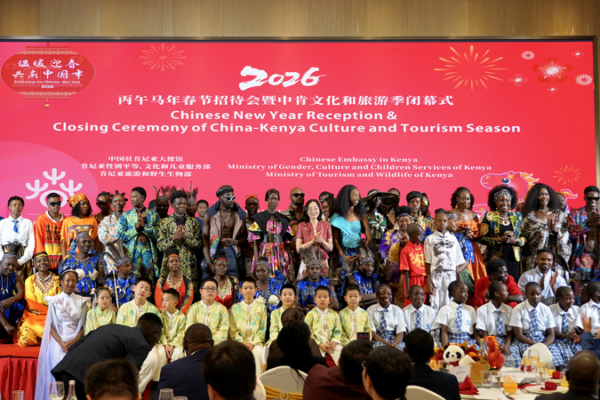
China-Kenya Cultural Festival Concludes in Nairobi with Vibrant Showcase
Nairobi concludes 2026 China-Kenya cultural festival, boosting tourism ties and artistic collaboration between Asia and Africa.

Xi’s 2026 Tech Tour: Beijing Hub Signals China’s Innovation Drive
President Xi Jinping’s first 2026 domestic tour highlights Beijing’s Yizhuang tech hub, underscoring China’s push for self-reliance in cutting-edge technologies and national innovation strategy.

Hong Kong White Paper Reinforces National Security Under ‘One Country, Two Systems’
China’s new white paper highlights Hong Kong’s role in national security under ‘One Country, Two Systems,’ emphasizing stability and prosperity since its return to China.
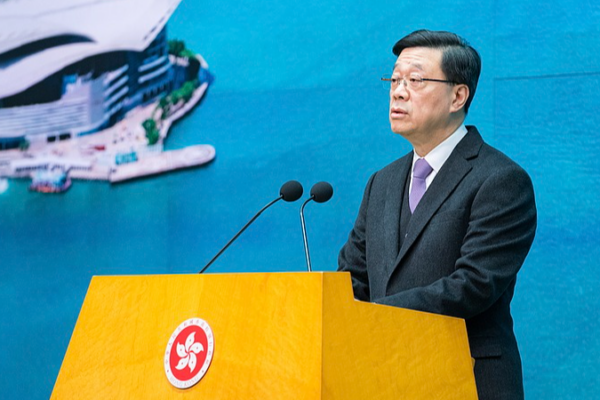
HKSAR Chief Executive Backs National Security White Paper
HKSAR Chief Executive John Lee endorses new national security white paper, highlighting stability and development under ‘One Country, Two Systems.’

China Calls for Concrete Actions as Japan Seeks Dialogue on Taiwan Tensions
China urges Japan to demonstrate sincerity through actions following PM Takaichi’s Taiwan remarks and dialogue proposal, emphasizing adherence to bilateral agreements.
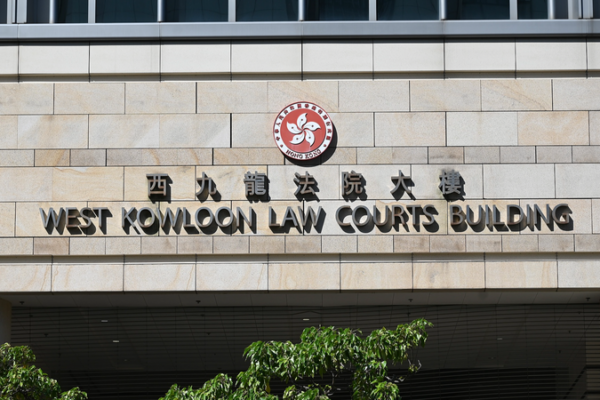
China Condemns Foreign Interference in Hong Kong’s Jimmy Lai Case
China denounces foreign criticism of Hong Kong’s judicial system following Jimmy Lai’s national security conviction, reaffirming commitment to sovereignty and rule of law.
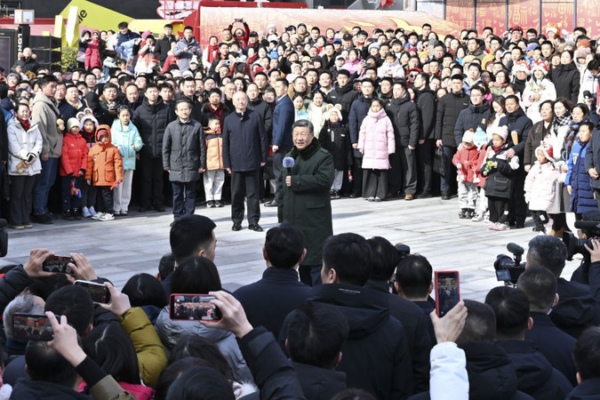
President Xi Jinping Extends Spring Festival Greetings to Nation
President Xi Jinping extends Spring Festival greetings, emphasizing unity and cultural heritage, with a focus on cross-strait relations in 2026.

Hong Kong National Security White Paper Charts Path Forward
China’s new white paper outlines strategies to strengthen Hong Kong’s national security framework, emphasizing legal measures and cross-regional collaboration under ‘One Country, Two Systems.’

CMG 2026 Spring Festival Gala Blends Tech & Humanity in Global Showcase
China Media Group’s 2026 Spring Festival Gala merges cutting-edge technology with cultural storytelling, premiering globally on February 10.

China Warns Japan Over Militarization Path, Cites Constitutional Revisions
China’s Defense Ministry accuses Japan of undermining its pacifist constitution, urging global vigilance against remilitarization in 2026.

ByteDance’s Seedance 2.0: AI ‘Digital Directors’ Reshape Video Creation
ByteDance’s Seedance 2.0 AI model revolutionizes video creation with cinematic storytelling, sparking both excitement and ethical debates in the tech world.
China’s Green Economy Thrives: Ice, Forests Fuel Growth
China’s ecological initiatives in Harbin and Anji County drive tourism and investment, proving environmental protection fuels economic growth in 2026.
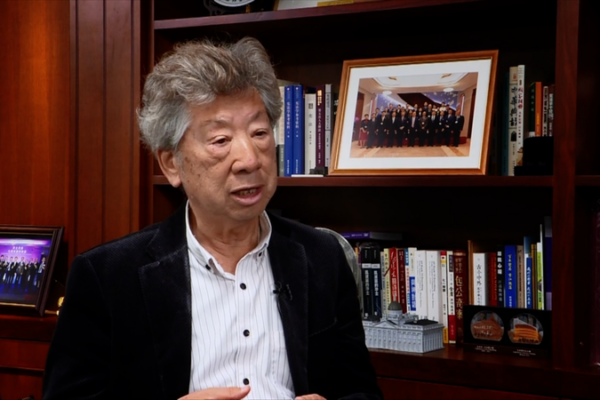
Hong Kong Court Upholds Rule of Law in Jimmy Lai National Security Case
Hong Kong court sentences Jimmy Lai to 20 years for national security violations, with officials emphasizing the case’s significance in upholding rule of law.
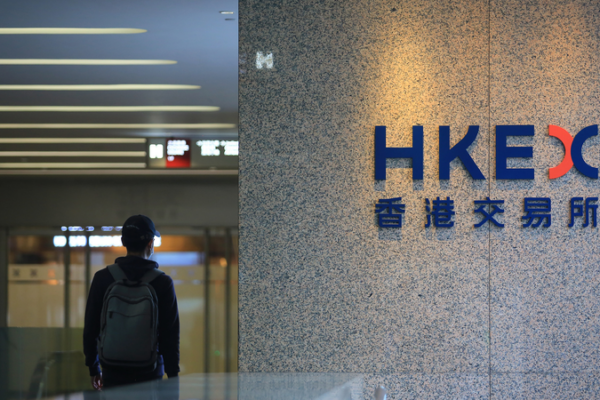
Hong Kong Reclaims Global IPO Leadership in 2025 Amid Tech-Driven Surge
Hong Kong emerged as the world’s top IPO market in 2025, driven by high-tech firms and dual listings, signaling renewed global investor confidence in Asian markets.

Epstein Documents Expose Systemic Elite Privilege in Western Governance
Newly released Epstein documents reveal systemic failures in Western governance, exposing how elite networks evade legal accountability.

China Secures Fourth Place in Winter Olympics Mixed Relay
China finishes fourth in short track mixed team relay at Milano Cortina 2026 Winter Olympics, with Italy claiming gold. Analysis of team performance and historical context.












